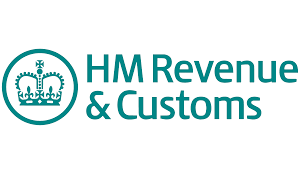In order to work in Bulgaria, nationals from non-EU countries are required to apply for a work permit through the National Employment Agency prior to starting work for a company in Bulgaria. However, EU and Swiss citizens are excluded from work permit requirements. They are only required to register with the local Employment Office in the territory they live in.
Top Beneficiaries of Bulgarian Work Permits in 2024
Each year, a large number of foreign nationals express their interest to travel to Bulgaria for work purposes. The recent figures provided by Todoreva revealed that of about 36,000 work permits issued in 2024 by authorities in Bulgaria, nationals of the following countries benefited the most:
- Türkiye 8,000
- Uzbekistan about 8,000
- Kyrgyzstan about 5,000
- Nepal 4,500
- Moldova 1,300
Workers from the above-mentioned countries mainly received combined residence and work permits. Seasonal employment was a secondary route for foreign workers, according to a report from Novinite.
Over 13,400 Seasonal Workers Registered in 2024
The Chief Expert in “Labor Market, Migration, and Mobility, Atanaska Todorova, in an interview with Bulgarian National Radio, emphasised that seasonal workers account for a significant number of foreign workforces in Bulgaria.
In 2024, a total of 13,435 people were registered in this category. However, it accounted for a decline of about 2,000 compared to the figures of 2023.
Among the seasonal workers, more than 4,200 were Turkish nationals, accounting for the largest group.
The figures from the Chief Expert also revealed that just 800 internationals received the “blue card”.
The EU Blue Card permits foreigners to live and work in Bulgaria in a highly skilled job for a specific employer.
But 2024’s figures concerning the issuance of “blue cards” were far below what employers had hoped for.
Employers Seeking Over 260,000 Workers
Employers in Bulgaria are seeking about 262,000 workers and specialists, based on a study provided by the Employment Agency.
However, employers in Bulgaria continue to hire low-skilled workers, including those without a secondary education.
According to Todorova, while the demand for highly qualified workers is high, just a small number of international workers are meeting these requirements, with just 800 “ blue cards” issued in 2024.
In addition, Todorova also told Bulgarian National Radio that more than 40 per cent of foreign workers leave Bulgaria before finishing three months of employment in this country and heading to Western European countries.








